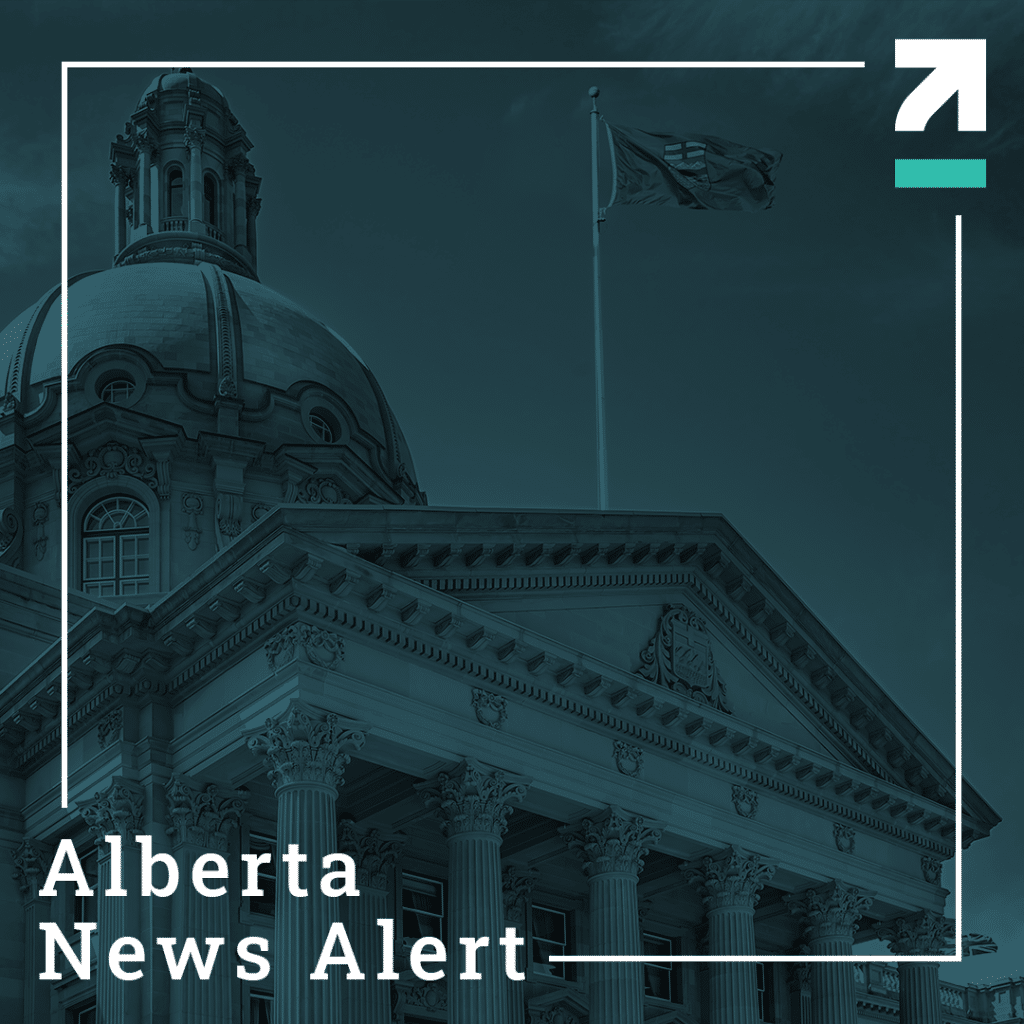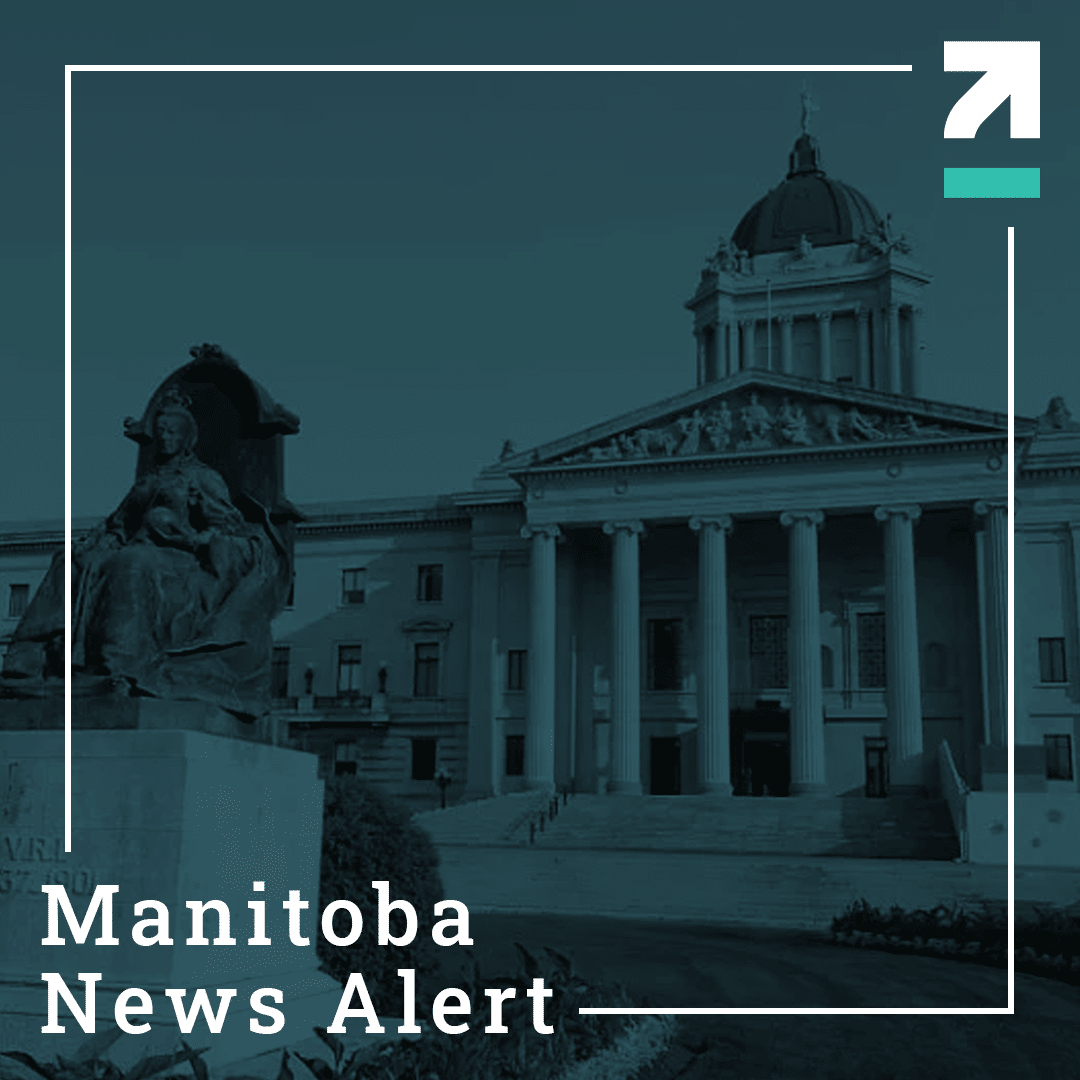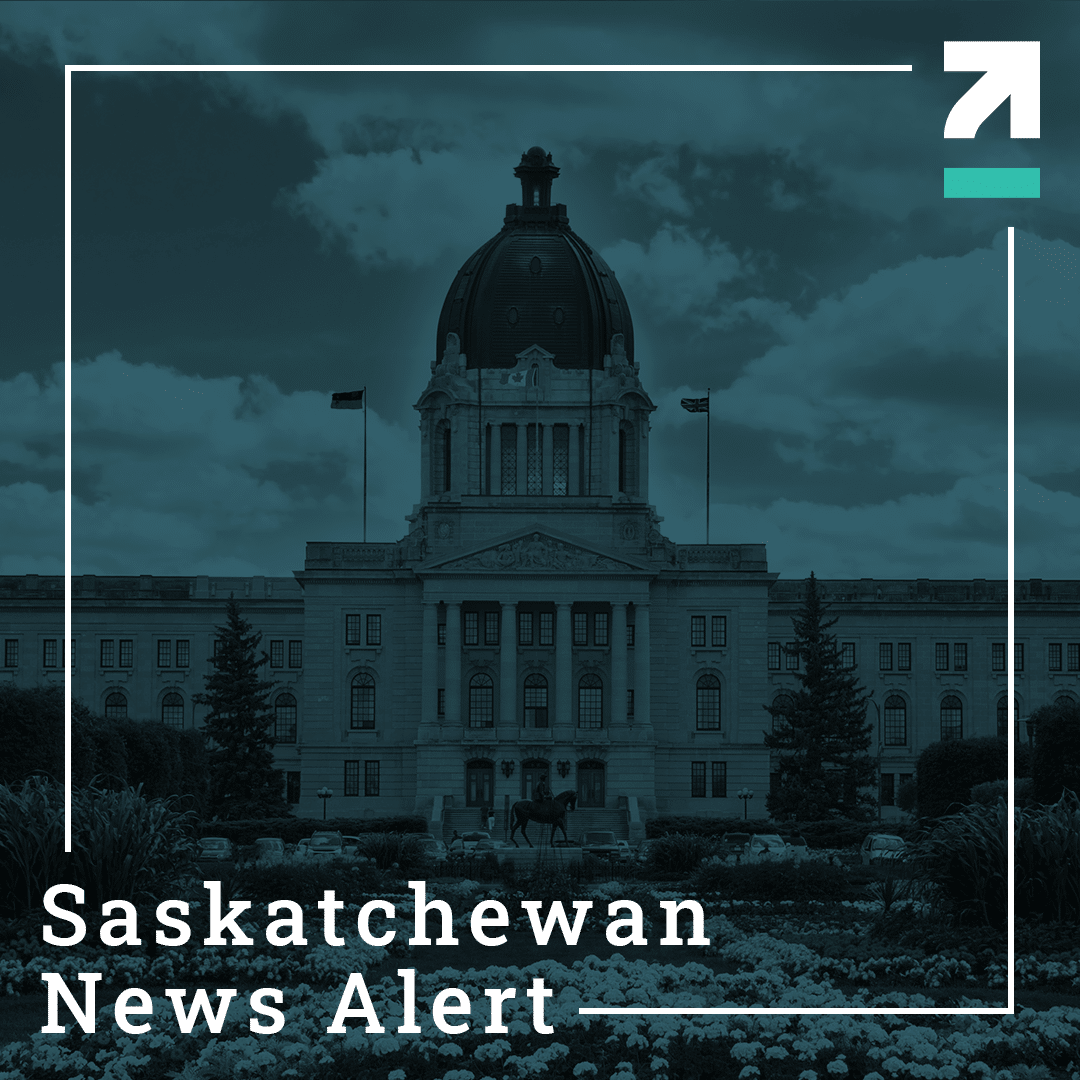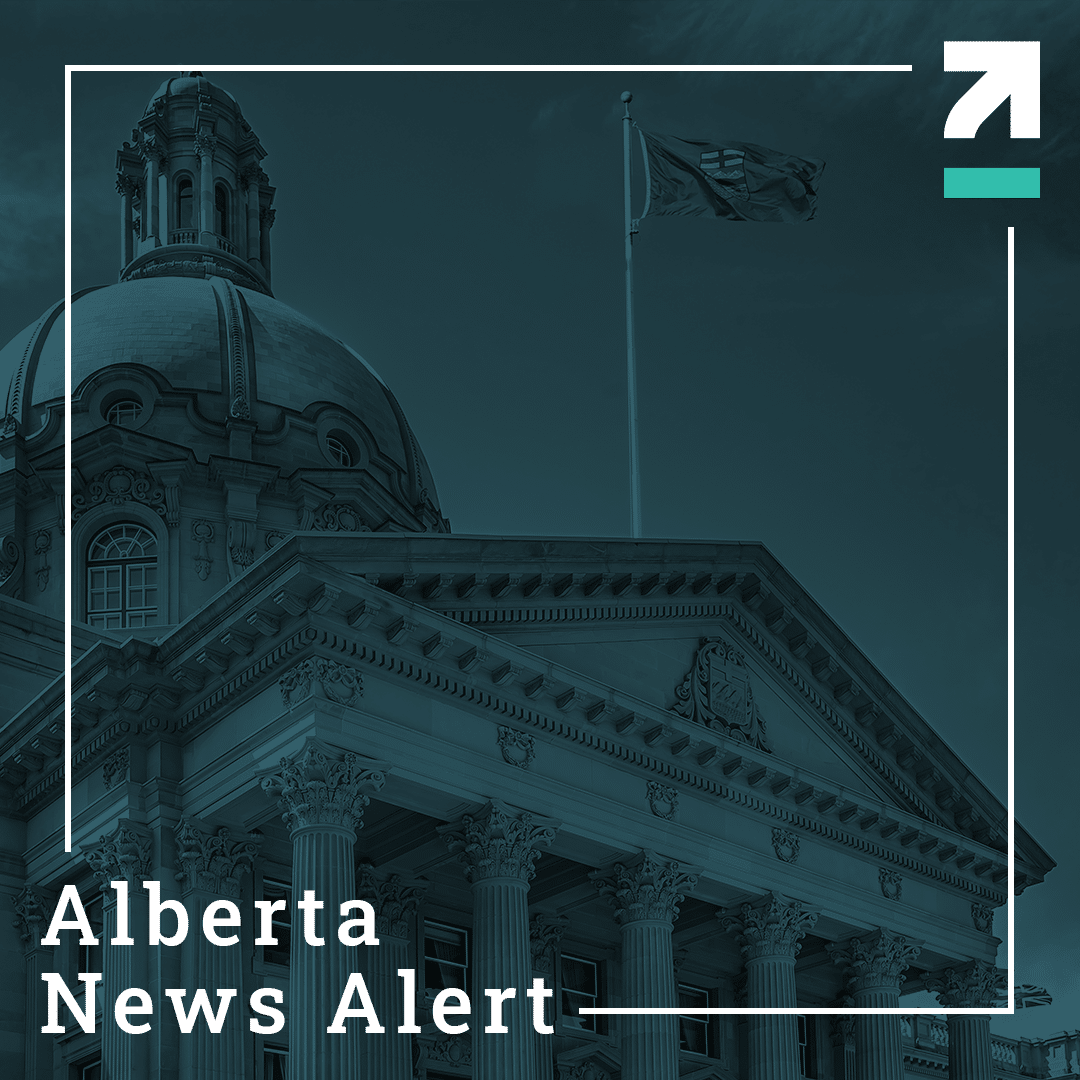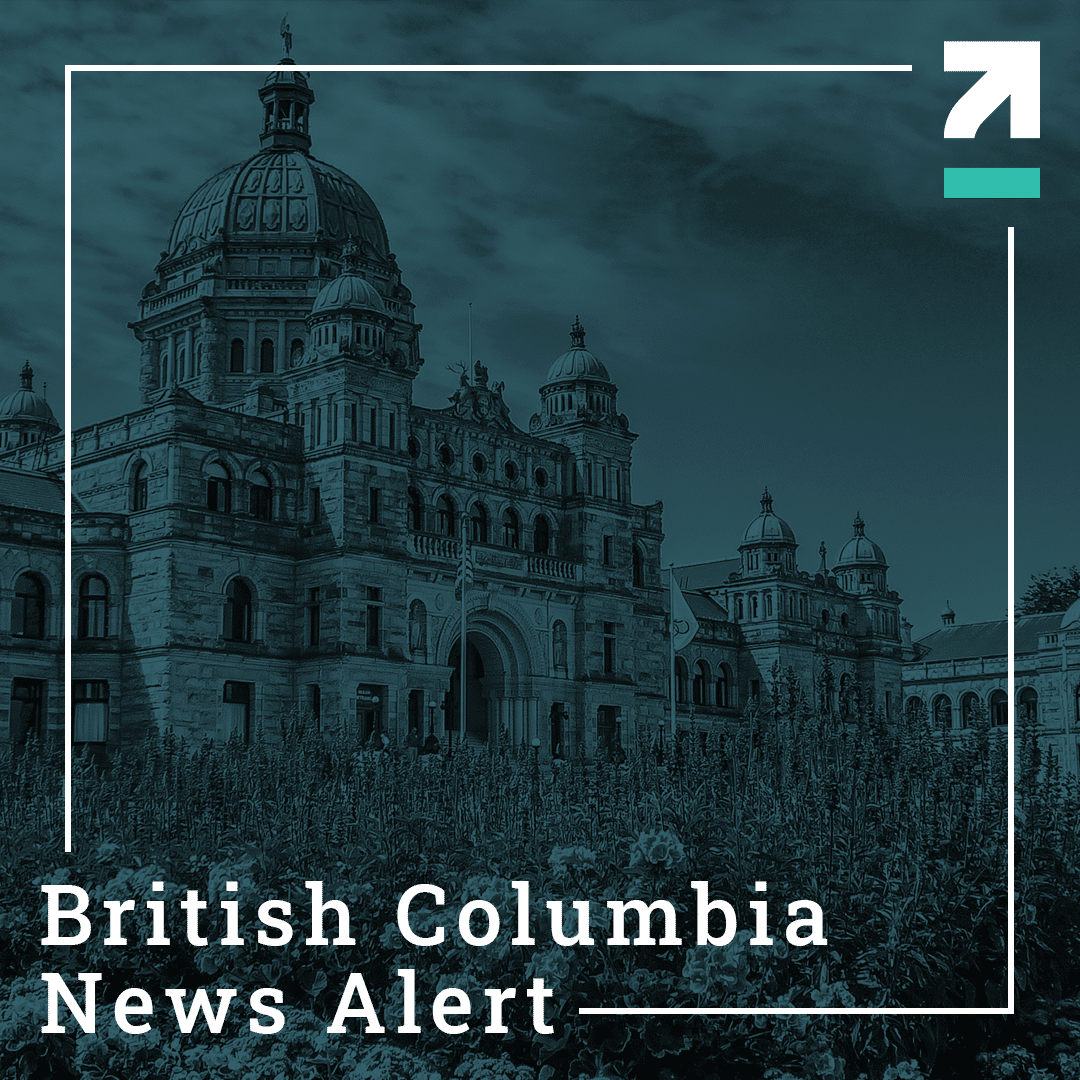Alberta Finance Minister Tables Budget 2022
Background
Today, Alberta’s Finance Minister Travis Toews tabled the UCP government’s 2022-2023 Fiscal Plan, Moving Forward. This is the UCP government’s fourth budget since being elected in April 2019. With the countdown on to next year’s election, it’s a critical document for the government, demonstrating how far the province has come since the pandemic began and signaling a pathway to returned growth and prosperity.
The longest and most enthusiastic applause during Minister Toews’ speech came when he announced an important milestone – for the first time since 2007-2008 and 2014-2015 Alberta has a balanced budget, a full year before Premier Kenney initially promised. Moving out of the red is a remarkable achievement, particularly as resource revenue prices were similar in many of the interim years.
The budget pegs West Texas Intermediate at $70/barrel, Western Canadian Select at $70.30/barrel, and natural gas at $3.20/GJ. These benchmark prices – as opposed to previous years – are conservative, potentially very conservative given Russia’s recent invasion of Ukraine. Energy revenue isn’t the only thing bolstering the province’s coffers – corporate income tax revenue is also expected to increase almost 21 per cent, to $4 billion. As a result, there is a lot of space for additional spending to exceed expectations next year.
The budget’s projected surplus of $500 million and strong economic growth into the future will strengthen the UCP government’s argument that it is a better steward of the economy and taxpayer dollars in the leadup to next year’s election. It will also serve Premier Kenney well in the upcoming April 9 leadership review. While the government can’t responsibly cut taxes as the surplus is still a projection, it may be in a position to do so next year, and it may be complicated by some promises, such as a gas rebate that would be triggered above $6.50 a gigajoule.
This year’s budget is built around three pillars:
Building health system capacity;
Making investments in skills development, training, and employment programs so more Albertans can get back to work; and
Sticking to the government’s initial fiscal plan:
bringing per capita spending in line with other provinces;
keeping net debt-to-GDP low; and
finding a path back to balance.
It’s little secret the past two years have been trying for the UCP government, with opponents (sometimes within the government’s own caucus) criticizing its response to COVID-19. Budget 2022 offers the government a chance to turn the page and begin focusing on the future.
The highlights of Budget 2022 are:
The budget surplus is projected to be $500 million
Revenue is projected to be $62.6 billion up $900 million from 2020-21
Expenses are projected to be $62.1 billion, down $2.8 billion from 2020-21
Capital spending is projected to be $7.53 billion
Budget 2022 assumes an average West Texas Intermediate price of $70 per barrel
Alberta’s GDP is expected to grow by 5.4 percent in 2022, 3.5 percent in 2023, and 3 percent in 2024
Policy, Program, and Project Announcements
Health Care:
$2 billion for drugs and supplemental benefits, an increase of 5.7 percent
$750 million contingency to address evolving pandemic-related costs and surgical backlogs
$90 million to address rural physician recruitment and retention through the Rural Health Professionals Action Plan and the Rural Education Supplement and Integrated Doctor Experience (RESIDE) program
$64 million to strengthen Emergency Medical Services (EMS) response capacity
Nearly $15.1 billion for Alberta Health Services (AHS) operations, an increase of $476 million or 3.3 per cent
$5.5 billion per year for physician compensation and grants to post-secondary institutions for academic medicine
Nearly $3.7 billion for community care, continuing care, and home care programs
$332 million over 2 years to create 160 new inpatient cancer care beds and complete the Calgary Cancer Centre
$193 million over 3 years toward a $1.8 billion investment for the Red Deer Regional Hospital Centre
$99 million to add 30 mental health treatment spaces in the emergency department of the Peter Lougheed Centre and 12 beds in a Mental Health Intensive Care Unit
$1 billion on mental health and addictions
$133 million for Alberta Surgical Initiative to expand surgical capacity across the province
$100 million per year for health care capacity, including ICU beds
Implementing an integrated and modern clinical information systems to give health care providers more complete patient information, enhancing the quality of care provided to Albertans.
Job Training:
$15 million for 300 students to acquire skills linked to emerging technology sectors and other in-demand occupations
$47 million over three years in capital funding and $25 million over three years in operating funding to expand collegiate programs and charter schools, with particular attention on expanding opportunities in science, technology, engineering, mathematics (STEM)
$64 million over three years to enhance Alberta’s proven skills development, training, and employment programs
$15 million to upgrade our ability to collect, analyze and disseminate labour market information.
$171 million over the next 3 years to expand enrolment in areas with skills shortages, such as technology, finance, energy, engineering, health and aviation.
$30 million to enhance apprenticeship programs and opportunities.
$30 million over the next 3 years to support commercial driver training and address other training challenges.
$30 million over the next 2 years to address barriers to employment.
$15 million more over 3 years for the creation of a new rural investment attraction stream that will aid in attracting investment and creating jobs.
Allocating an additional $34 million in 2022-23, for a total of $106 million to connect Albertans, including those with disabilities, to meaningful employment and training opportunities
$59 million investment at University of Calgary to address large-animal vet shortage in rural Alberta
Economic Development:
$40 million for the Clean Hydrogen Centre of Excellence
$390 million investment in rural broadband, leveraging additional $600 million of federal and industry funds
$15 million over 3 years for the Aboriginal Business Investment Fund
$113 million in 2022-23 for the First Nations Development Fund
$8 million in 2022-23 for the Alberta Indigenous Opportunities Corporation
$698 million over three years through the TIER fund to support jobs, reduce emissions, and help Albertans adopt to climate change, including investments into Emissions Reduction Alberta, Alberta Innovates, and the Municipal Climate Change Action Centre
Increasing the lending capacity for the Agricultural Financial Services Corporation (AFSC) to $3.6 billion by 2024 to ensure primary producers, agribusinesses, and value-added agri-processors have reliable access to capital
$73 million over three years for The Alberta Technology and Innovation Strategy (ATIS), to help Alberta become an internationally recognized technology and innovation hub
Other Capital Projects:
Investing $1.5 billion over three years toward new schools and modernization projects across Alberta
Investing $1.8 billion over three years toward priority infrastructure projects. Key projects underway include completing the ring road around Calgary, twinning 46 kilometres of Highway 3, and the Airdrie interchange improvement project
investing $235 million in smaller projects to support local municipal roads, bridges and water/wastewater infrastructure
Investing $3.2 billion over three years in Capital Maintenance and Renewal (CMR) projects, which help maintain the facilities where government programs and supports are administered and delivered
$1.6 billion over three years in CMR projects that focus on prioritizing rehabilitation projects for roads, bridges, slide repairs and culverts
Implement the Local Government Fiscal Framework (LGFF) by 2024, which replaces the MSI. The LGFF will provide $722 million in capital funding in the first year, with future funding levels tied to changes in provincial revenues
$5.8 billion over 3 years to support priority infrastructure projects led by municipalities
$41 million over 3 years for the Southern Alberta Institute of Technology’s John Ware Building Redevelopment project
$10 million for downtown revitalization efforts in Calgary and Edmonton
Housing:
$90 million in 2022-23 to provide safe supportive housing to address homelessness
Allocate $49 million in 2022-23 to homeless shelters
$491 million in grants and $20 million in low-interest home equity loans for seniors
The full Budget can be found here.
Should you have any further questions as to how Budget 2022 will impact your organization, please contact [email protected].

